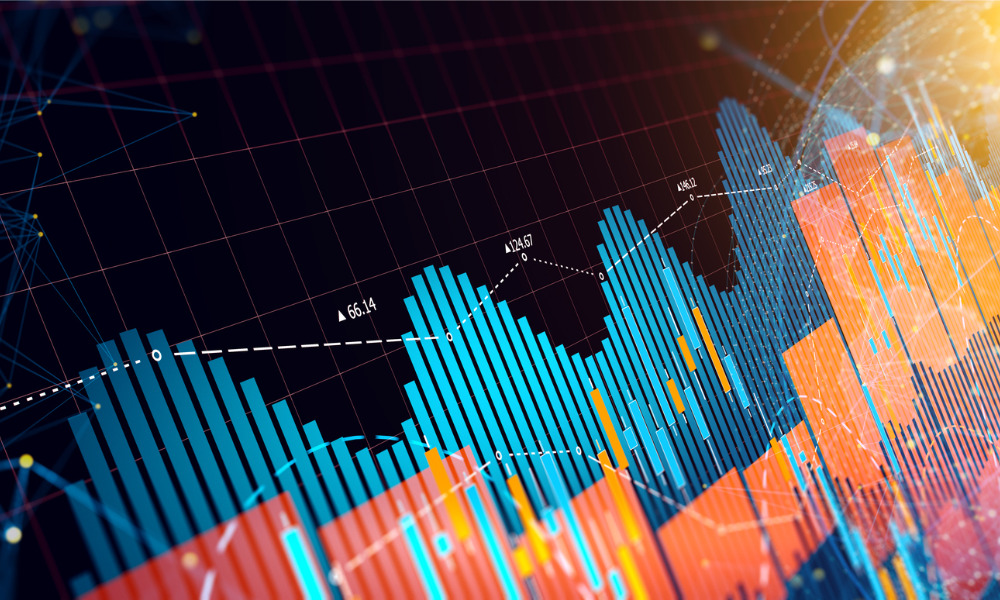CEO believes equities can grind higher as long as there are no major COVID-19 setbacks

The legacy of the technology stocks’ stunning rebound will last long after the pandemic is over, according to AGF Investment’s CEO.
Kevin McCreadie, also CIO, reflected on how global equity markets have fully recovered from the bear market collapse earlier and now seem poised to climb even higher as the economy continues to regain its footing.
This financial crisis will likely be defined by the decision by governments around the world to shut down their economies and, in effect, force the global economy into recession. McCreadie believes this was the Black Swan event that caught investors off guard, not the pandemic, which had long ago been identified as a possibility.
The unprecedented stimulus measures of governments and central banks at the beginning of the lockdown, and the size and speed at which these measures were enacted, was the primary reason why the selloff was so short-lived and the subsequent rally so accelerated. The CEO said it’s likely to be the model for how future crises are handled.
He said: “Then there’s the tremendous bifurcation of the market that has resulted in a handful of growth-oriented technology stocks vastly outperforming almost everything else in the broader index because of the outsized role some of these companies have played in helping people adapt to the current environment.
“In fact, the NYSE FANG + Index of 10 global tech giants is up more than 60% year-to-date, while the S&P 500 is up just a little over 5%, according to Bloomberg, with nearly 60% of the stocks within the index negative on the year. That won’t be easily forgotten by investors even when the crisis is all said and done.”
It is unusual for equity markets to bounce back from a bear market this quickly. McCreadie explained that following past corrections of 20% or more, for instance, it’s taken the S&P 500 more than 60 months on average to recover from the bottom of the market, with the longest recovery period being almost 300 months (or 25 years) following the 1929 Crash that preceded the Great Depression.
However, he noted that bear markets of shorter duration tended to be followed by swifter recoveries.
“While it’s remarkable how stock indexes sold off in record time during the late winter only to rebound in record time over the past five months, it’s not entirely surprising, nor is it without reason that markets are hitting all-time highs again—especially when considering some of the unique aspects of the current crisis.”
There remain risks and uncertainties, of course, as economies are not back to full strength and a vaccine is yet to be approved. Much of the progress on that front may already be priced in and any significant gains from here are likely dependent on an official approval, not just the growing promise of one. However, McCreadie said investors can still expect markets to grind higher as long as the economic restart doesn’t suffer a major setback due to a surge in the virus as schools and universities reopen and more government stimulus starts to flow.
He said: “This is especially true of the U.S. economy. While markets have been relatively unfazed by the political gridlock that is holding up the country’s next aid package from being rolled out, this patience will eventually run out if a deal isn’t reached soon. Similarly, with less than 100 days to the U.S. presidential election, a tightening race and prospect of a contested election will weigh on markets as we head into the fall.”



